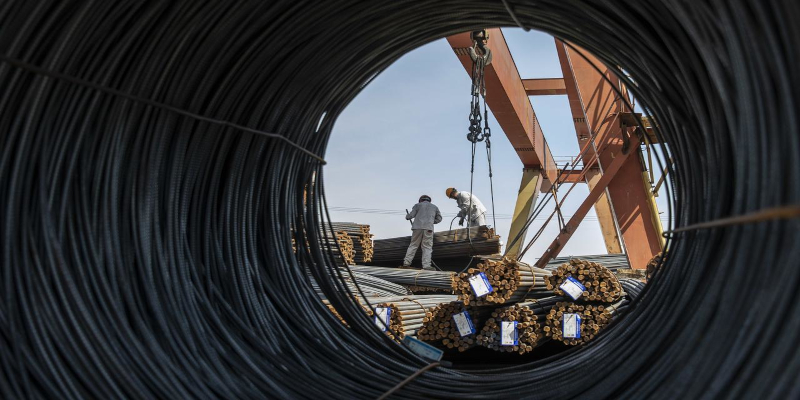Dharamshala, 25th August: In a foreshadowing of things to come, China has slashed one of its exports to Australia by more than half, dealing a crippling blow to a crucial Australian business. It’s the only way Australia can stay afloat. China is now attempting to destabilize the iron ore market. China boasts that it has cut steel exports to Australia by more than half. It also claims that efforts to “wean” itself off of Australian iron ore are just getting started. The “world’s top steel exporter” was taking “steps to curtail output (and) restrict exports,” according to government-controlled media this week. According to the Global Times report, this would “impact on Australia’s infrastructure construction and economy.” According to the report, the trend is “set to intensify further,” according to an unnamed Chinese steel exporter.
Beijing has increased steel export levies and reduced incentives in recent weeks. It’s also raising taxes on imports of iron ore. This stands in sharp contrast to efforts to control rising raw material costs by selling off national stockpiles. One such announcement was made last month, when 20,000 tonnes of copper, 30,000 tonnes of zinc, and 50,000 tonnes of aluminum were sold to “maintain market stability.” The politics of iron ore and steel markets, on the other hand, are rather different.
60 percent of China’s iron ore imports come from Australia. This accounts for over 70% of Australia’s iron ore production. According to the Beijing study, China supplies 30% of Australia’s processed steel. However, exports to Australia account for only 1% of China’s total output.
According to analysts, Beijing has been attempting to punish Canberra as a warning to the rest of the world about the risks of defying the developing world power. Canberra’s plea for an open, honest, worldwide investigation into the source of the Covid-19 outbreak was met with hostility. The Australian government’s positions on the South China Sea, the Himalayas, and international espionage haven’t helped matters. However, Beijing’s economic coercion has had a limited impact thus far.
Several Australian meat processing plants have been shut down due to contamination concerns. It also stepped in to regulate the coal, fisheries, barley, and wine industries. As a replacement supply of coal and agricultural products for the Chinese market, the United States has mainly stepped in.
However, in comparison to iron ore, the value of these exports to Australia’s economy is negligible. Exports topped $100 billion in 2019-20. This increased to $149 billion in the previous fiscal year. Beijing is now blaming the market change on weakening exports, domestic demand, and carbon emission reduction plans.
Picture: Qilai Shen/Bloomberg







Leave a Reply